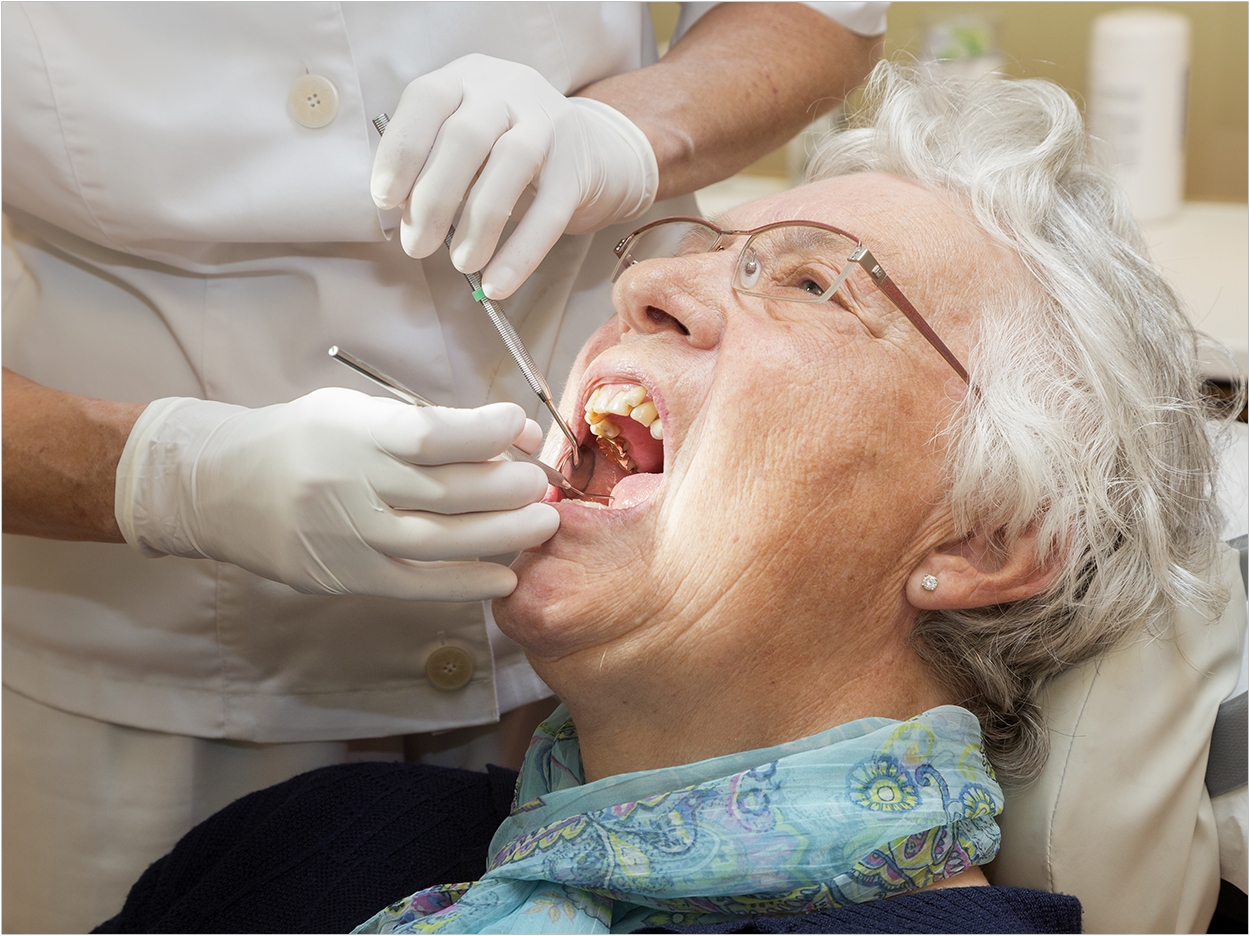
Urgent attention needs to be paid to the oral health of frail, older New Zealanders, according to the University of Otago. Researchers there have surveyed the oral health of 987 people living in aged residential care and found that those with dementia, as well as older men in general, have dirtier and more decayed teeth.
Older people have higher rates of cognitive and physical impairments that can adversely affect their oral self-care and complicate the provision of oral care, so poor oral health among the elderly is a “major clinical and public health problem” that is “going to get worse,” says lead author Murray Thomson, BSc, BDS, MA, MComDent, PhD, head of the Department of Oral Sciences at the university.
“Neither the aged care sector nor the dental profession, in most countries, is prepared. Not only do we have more and more older people every year, but more and more people are entering old age with their own teeth, rather than full dentures, as was the situation just a couple of decades ago,” said Thomson.
“In some ways, dentistry has been a victim of its success. We have long emphasized the idea of ‘teeth for life’ without much thought to what happens towards the end of life,” Thomson said. “We also know that half of those in old age will end up in residential aged care and that more and more of those will have some form of dementia.”
Thomson believes that “slow progress” is being made in oral health for elderly.
“It’s a very complex situation involving a lot of players: the aged care sector, the Ministry of Health, the dental profession, and the public. An encouraging sign is the inclusions of oral health in New Zealand’s Healthy Ageing Strategy. That’s a starting point, but there’s a lot of work to be done,” he said.
Of those older patients examined in the study, representing more than 14,000 New Zealanders living in aged care, about half had severely impaired cognitive function, and more than a third required fillings or extractions. Those with severely impaired cognitive function had greater numbers of teeth with decay and more oral debris, reflecting poorer daily oral hygiene.
Thomson said that greater rates of tooth decay can result in dental and facial infections, poorer quality of life, malnutrition, and difficulties in communication. The researchers also found that even the most cognitively impaired participants could be examined fairly easily, meaning that regular, routine removal of debris by those providing care should not be difficult.
“The issue that we currently face is that much of that debris removal is not being done, and this, along with frequent exposure to sugary, over-processed meals and snacks, and poor salivary function, is enabling plaque and dental caries to flourish in aged residential care populations,” said Thomson.
Thomson advises people of all ages to practice proper oral hygiene to improve their oral health and maintain it into old age, including brushing twice daily with a fluoride toothpaste; cleaning carefully between the teeth twice or three times a week; avoiding sweet drinks and snacks between meals; and avoiding smoking.
“For people who have poor oral health in middle age, it is not going to be any better in old age, and an honest, open conversation with a dentist about the options, which may include complete extraction, may be a very good idea,” Thomson said.
The study, “Oral Status, Cognitive Function and Dependency Among New Zealand Nursing Home Residents,” was published by Gerodontology.
Related Articles
Older Americans Face Greater Risk of Apnea But Don’t Get Diagnosed
Grant to Support Oral Health America’s Education and Advocacy Efforts
Drug-Filled, 3-D Printed Dentures Could Fight Off Infections












